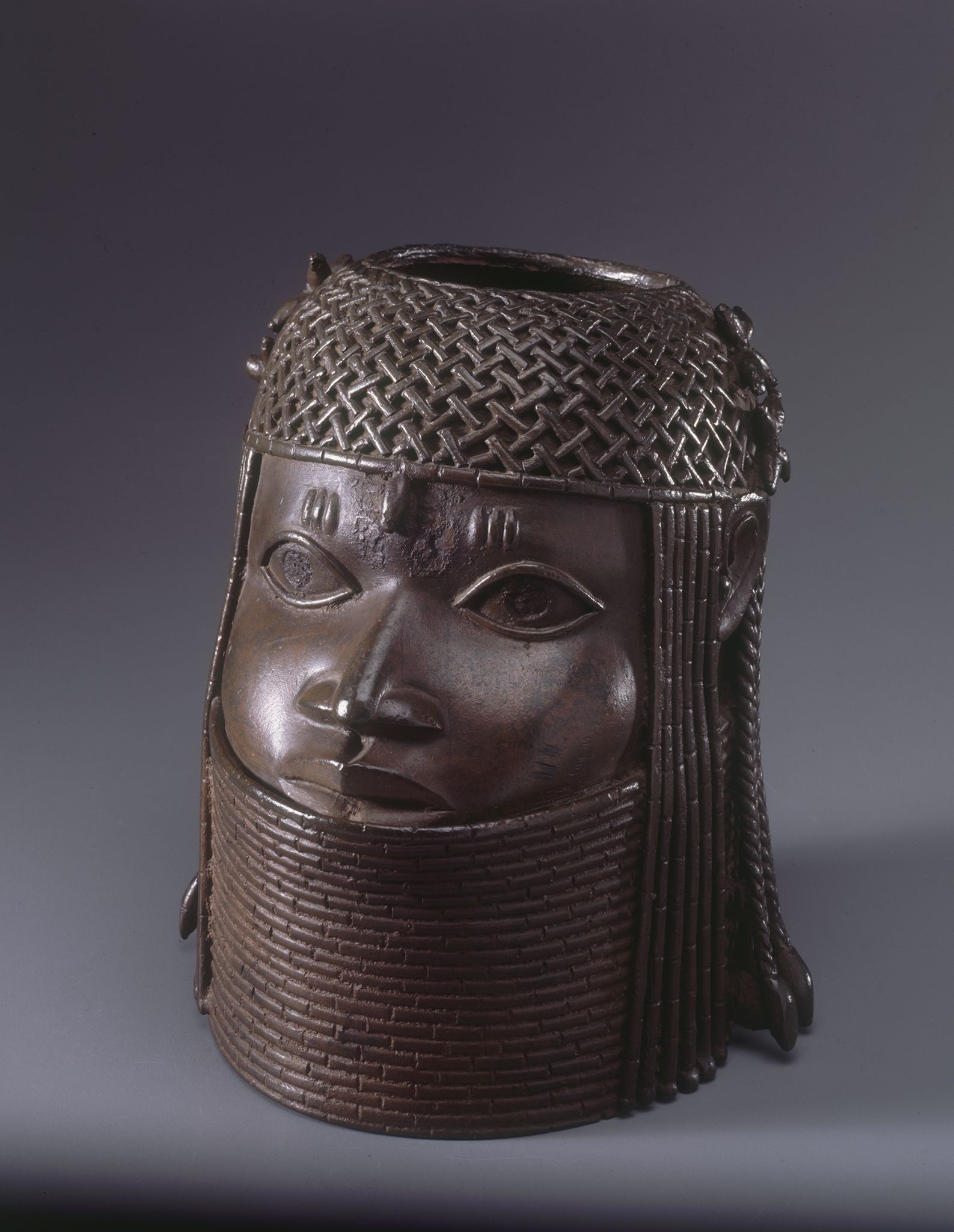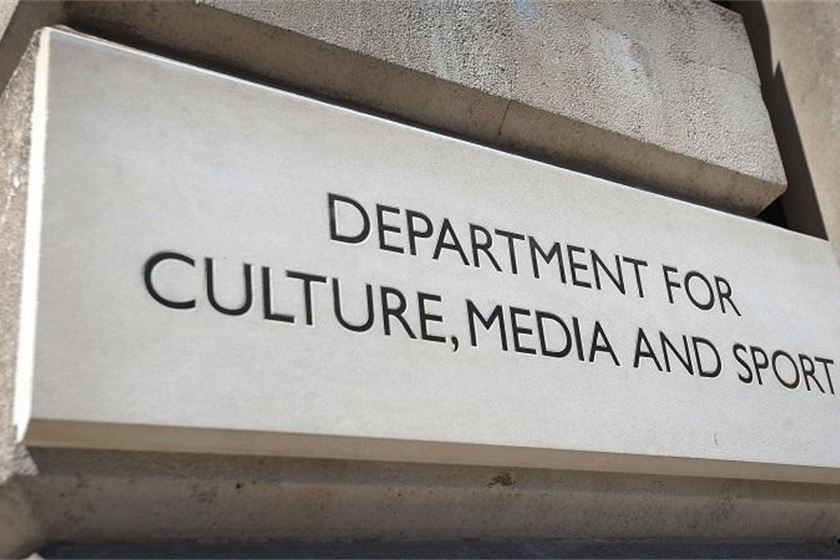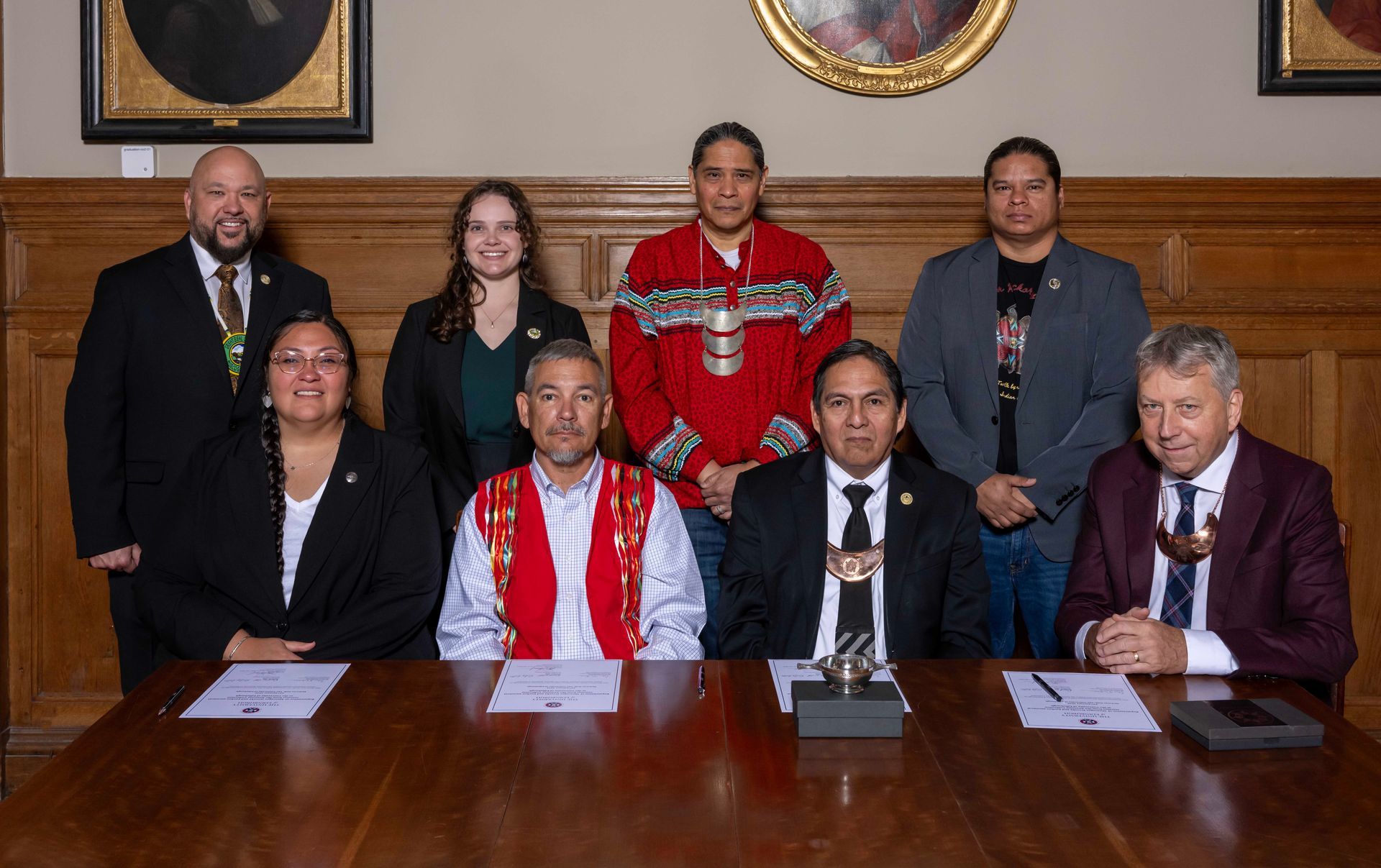Cultural Restitution
SHARE ARTICLE
Two major digital initiatives are set to play important roles in disseminating information on objects looted during the colonial era. Nigeria’s Edo State, home to the former Kingdom of Benin, will be a significant beneficiary of both initiatives.
Project work on Digital Benin: Reconnecting Royal Art Treasures started last Autumn. It aims to consolidate the huge amount of data that already exists on thousands of Benin artefacts held in the databases of around 160 national and international museums.
It’s a challenging and complex task as each museum has its own strategies and methods for collecting and providing information. This means there’s no uniform data structure to describe, illustrate or to provide accessible provenance information on each artefact. Nevertheless, over the next two years the team still hope that consolidation will deliver the long-requested overview of Benin Kingdom artefacts, their history, cultural significance and provenance, offering the potential to create “an unparalleled forum of knowledge”.
“For decades we have asked to receive an overview over the scattered Benin holdings worldwide,” said Prince Gregory, Enogie of Evbobanosa, “Finally this is going to happen.”
An estimated 3000 to 5000 objects were looted by British forces, traders and administrators when Benin City was sacked in 1897. Objects from the Royal Palace and other ceremonial sites, collectively known as ‘Benin Bronzes’, ended up being widely dispersed across collections in the UK, Europe and the United States. Recently, Benin artefacts have become a major focal point in the growing public debate about returning cultural heritage.
The Digital Benin team understand the role that restitution plays as a way to help mitigate the loss of local knowledge and cultural values, felt so keenly by Benin City’s descendants today. But they also know the importance of making existing knowledge resources more accessible, especially to those who've felt disadvantaged because of the inaccessibility of material held in European and American collections.
That is why Digital Benin has set out to collect information on all Benin holdings worldwide, capturing all relevant historical photographs, archive documentation, eyewitness accounts and oral traditions and making it accessible to everyone via a single online platform. In the future, the proposed new Royal Museum in Benin City will become the main provider of this online platform.
Digital Benin is being developed with core funding of more than €1.2m from the Ernst von Siemens Art Foundation and is a cooperation between members of the Benin Dialogue Group, as well as the Royal Court of Benin, the Edo State Government and Nigeria’s National Commission for Museums and Monuments. Members of the Benin Dialogue Group have a key role to play by contributing data on all their Benin holdings. Representing around 2000 objects, their participation will provide what’s described as a “solid foundation for the further expansion of the platform.”
Speaking on behalf of the British Museum, which holds the lion's share of Benin artefacts in collections around the world, Director Hartwig Fischer explained: “This collaboration will not only enable us all to learn more about these important collections but will also provide an important forum for further dialogue and exchange around these collections.”
Collections from Colonial Contexts is yet a further major online initiative, launched this week by Deutsche Digitale Bibliothek (German Digital Library). This project has also set out to provide a comprehensive database of colonial artefacts through a single online platform, but its project goal is wider. Although targeting only data collected from cultural and academic institutions across Germany, Collections from Colonial Contexts will include all colonial-sourced artefacts, not just Benin artefacts.
At last year’s 13th Cultural Policy Summit (14 October 2020) Germany agreed a “3-road strategy” that set out to cover how all objects from colonial contexts should be handled in the future. Attending this Summit were the Federal Government’s Commissioner for Culture and the Media, Prof. Monika Grütters, the Länder (16 German states) and representatives from Germany’s municipal umbrella organisations.
It was agreed one of their primary objectives should be to establish maximum transparency about their country’s colonial collections. Another was to agree a policy for repatriations.
“The portal will significantly promote transparency in regard to collection holdings across Germany,” said Dr Klaus Lederer, Senator of Culture and Europe in Berlin and Chair of the Conference of Cultural Ministers. “The restitution of looted cultural objects remains an important component of our engagement with our colonial legacy.”
The German Digital Library already provides online information collected from 25 pilot institutions. This comprises over 8200 records of collections from colonial contexts. However, most of these descriptions are currently only available in German. Going forward, the plan is to expand this preliminary prototype into a central, comprehensive publishing platform. This will expand to different languages and increase the amount of data available from a wider number of cultural and knowledge institutions.
For Digital Benin: https://digital-benin.org/
For German Digital Library: https://ccc.deutsche-digitale-bibliothek.de/?lang=en



